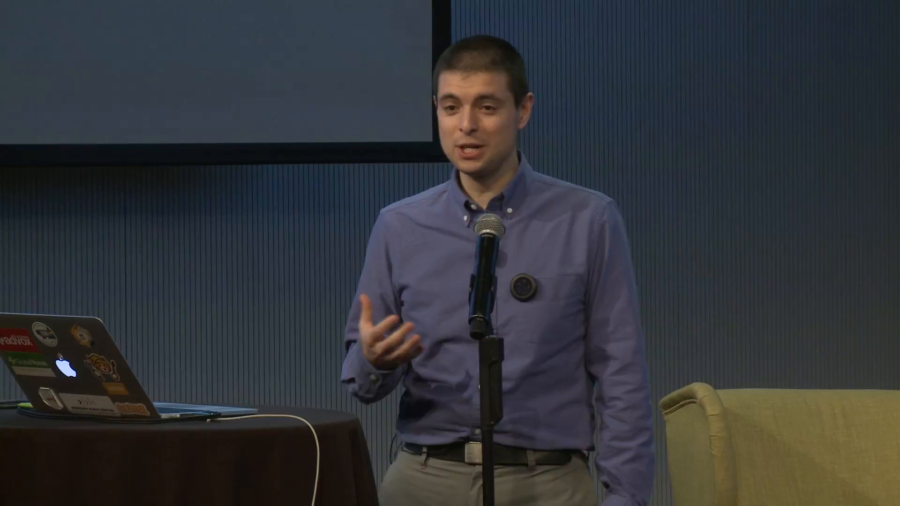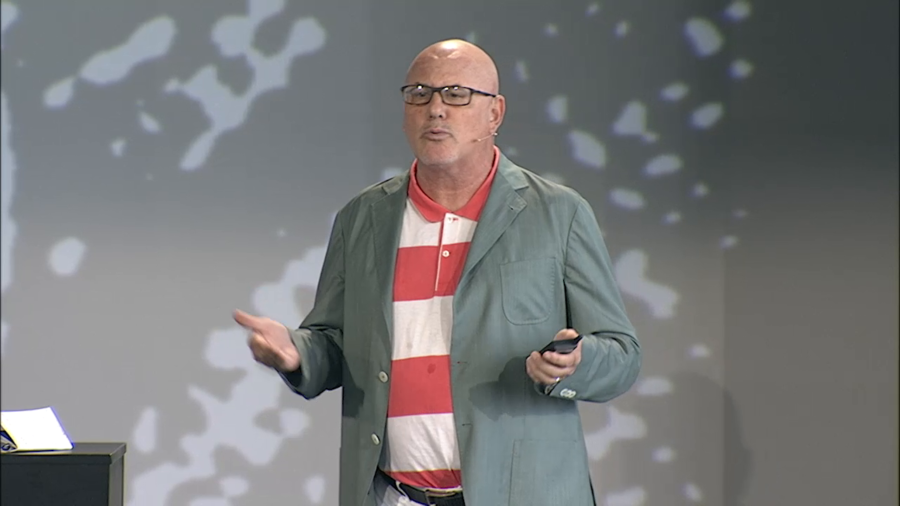In a series of short talks we’re going to share examples of some of our past and upcoming work, alongside examples from our parent organization Global Voices. But I want to start by saying something about how we go about our work.
Archive
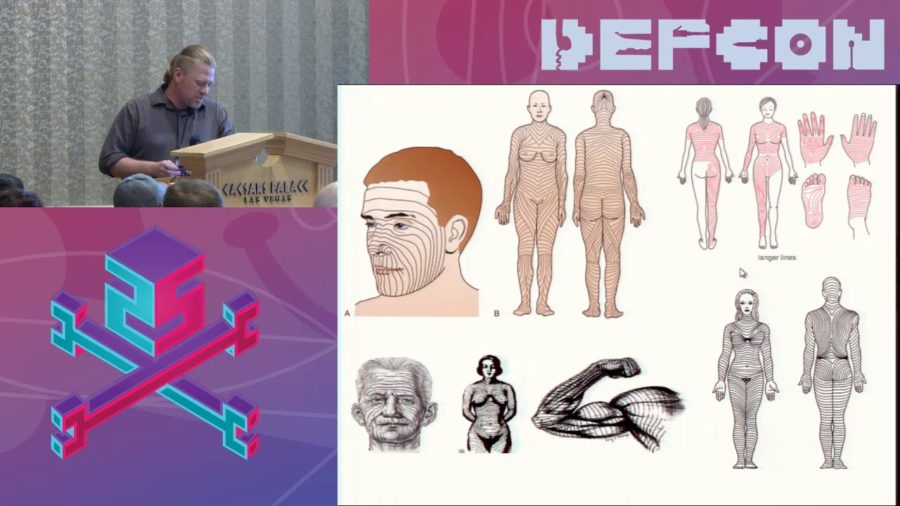
So grinders are a community committed to radically altering the body. And so sometimes it’s treatments like transcranial magnetic, or direct current stimulation. It could be through the use of previously untested chemicals like VIP. Often it takes the form of implanted devices. All these approaches come with risks. What I’m going to focus on today is why despite all the risks being taken, a grinder hasn’t died yet.
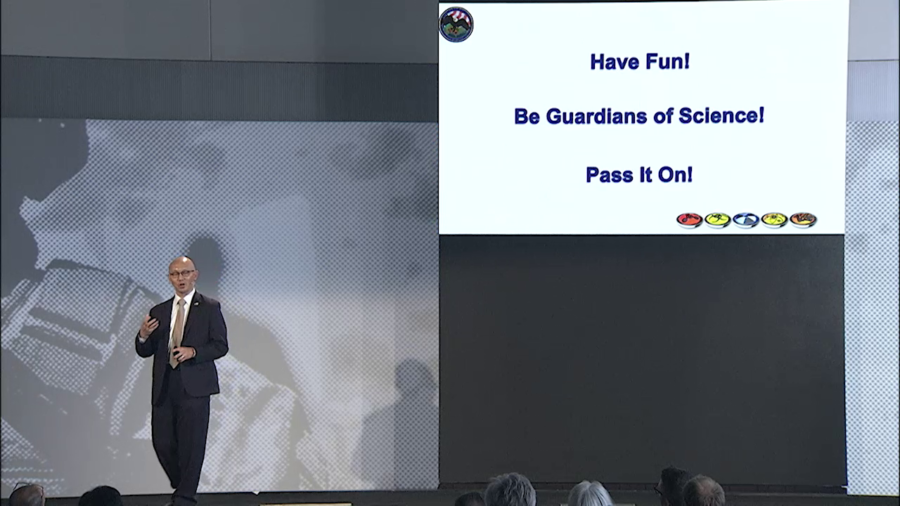
What I’m trying articulate here is that there is a really fine balance between how do you spur and invigorate innovation, and then also address security at the same time. Because one cannot drown out the other. Because you’re going to have all kinds of issues.
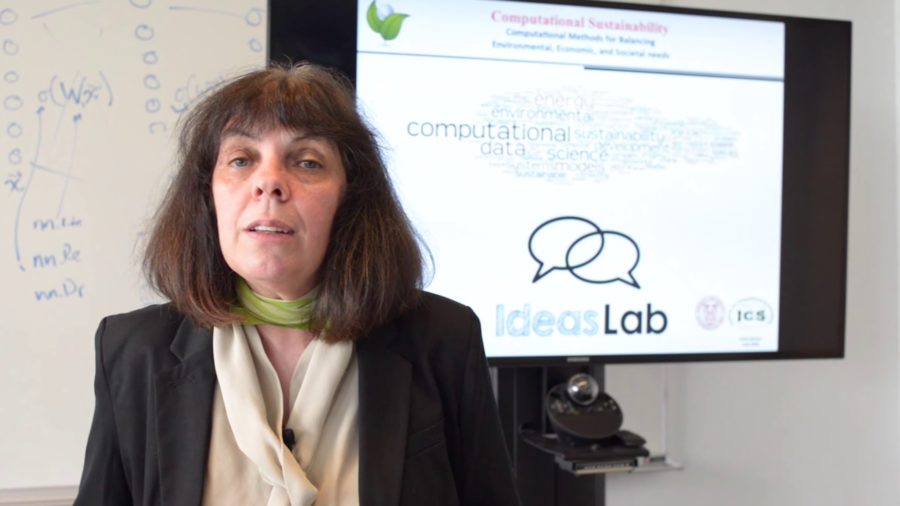
The smartphone is the ultimate example of a universal computer. Apps transform the phone into different devices. Unfortunately, the computational revolution has done little for the sustainability of our Earth. Yet, sustainability problems are unique in scale and complexity, often involving significant computational challenges.
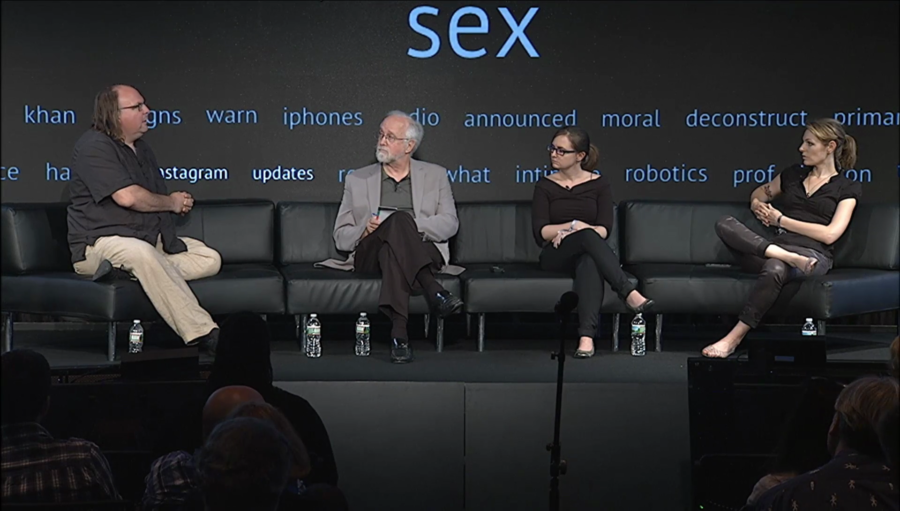
One of the big things that we’re going to talk about here is paraphilia. We’re going to talk about sexual deviance. We’re going to talk about the problem of people whose sexual desires lead to attraction to children, lead to attraction towards violent sex, lead to sexual transgression in one fashion or another.
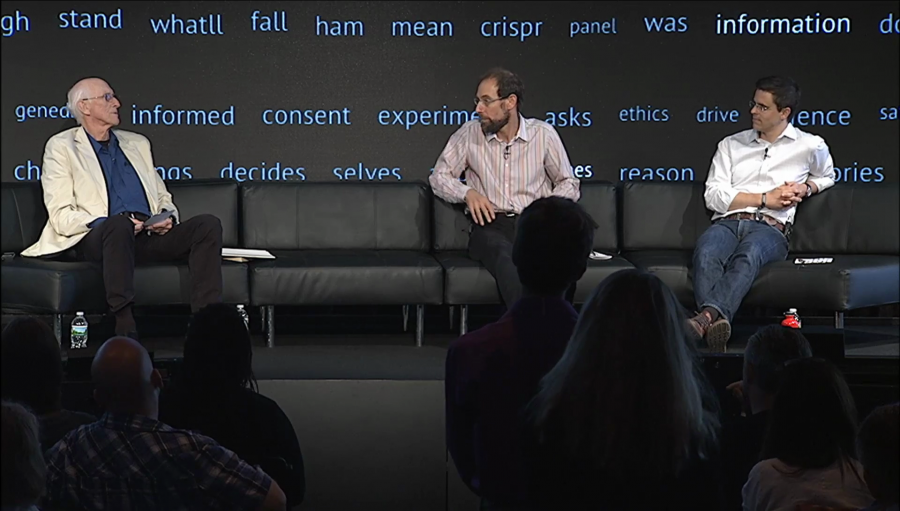
Solar geoengineering rests on a simple idea that it is technically possible to make the Earth a little more reflective so that it absorbs a little less sunlight, which would partly counteract some of the risks that come from accumulating carbon dioxide in the atmosphere. When I say technically possible, it appears that at least doing this in a crude way is actually easy, in the sense that it could be done with commercial off-the-shelf technologies now, and it could be done at a cost that is really trivial, sort of a part in a thousand or a part in ten thousand of global GDP.
I think the saddest thing is if you ever stop wanting to learn new things. And it can be about anything. That’s just really heartbreaking. I don’t know. It’s just so much part of like who you are as a human to learn new things constantly. And so to not be curious, not want to learn new things and not create new patterns and connections…you’re pretty much giving up your human self.
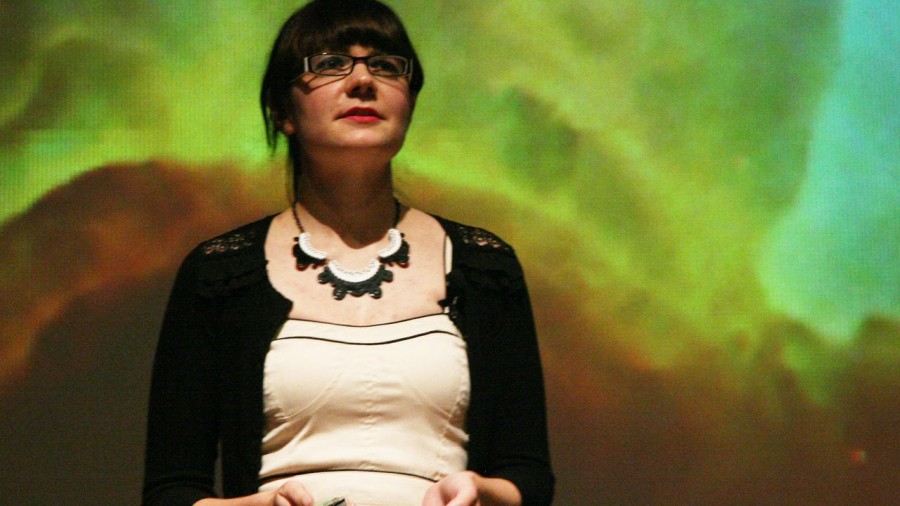
Hacking science and space exploration isn’t just about getting excited and making things. But it’s about getting excited and making disruptively accessible things. Things that really disrupt the current state of science and a lot of the elitism around it, and truly make it accessible for everyone.

